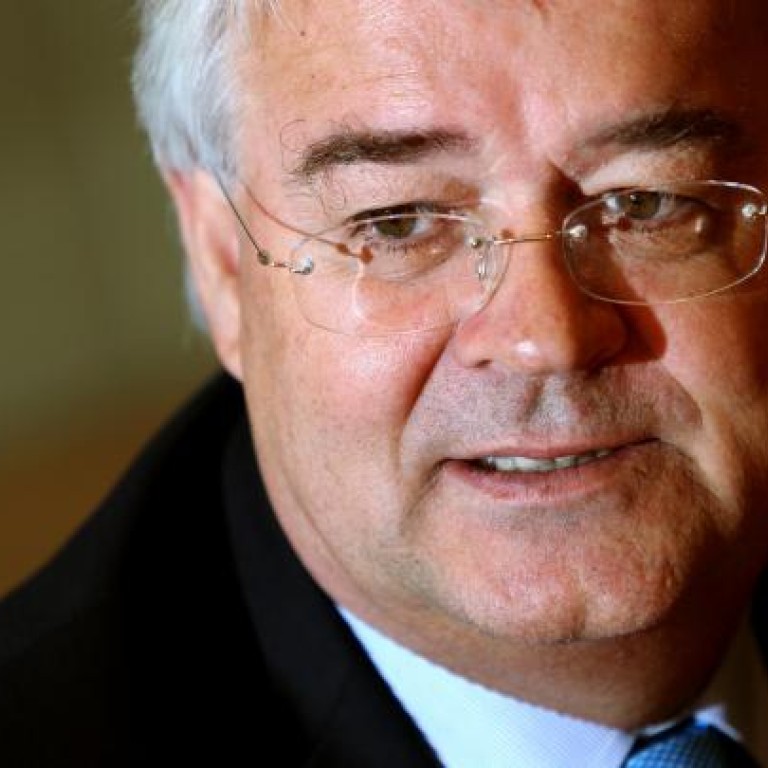
KPMG bullish on growth prospects
IPO deals dry up but chairman says emerging markets offer lucrativeopportunities for firm
Accounting giant KPMG has slowed new hiring but continues to diversify its business lines.
Michael Andrew, global chairman of KPMG International, said the global economic downturn had prompted a cut in hires in some areas, such as Europe. But the firm would continue to hire staff for developing markets such as mainland China, Brazil, and India - markets in which KPMG had big expansion plans.
"The global economy has slowed down and the euro-zone crisis shows no sign of a quick recovery. The US and China markets also show signs of a slowdown. But this has not materially affected our business, and we continue to hire in key strategic markets and business divisions," Andrew (pictured) told the .
Many initial public offerings have been postponed or shelved in recent months, reducing the income of accounting firms such as KPMG. Since Andrew expects little recovery in IPO markets until mid-2013, he said KPMG would continue to diversify its income sources by, for example, providing advisory services for mainland firms that want to buy assets in overseas markets such as Europe.
Companies hit hard by the financial crisis could also use KPMG's restructuring team to help them restructure their debts and find buyers for assets.
"IPOs represent only about 10 per cent of our global business," Andrew said.
"A slowdown of the IPO markets will not impact our business as we have other countercyclical business streams that do well during a downturn, such as restructuring or advisory services for mergers and acquisitions."
Andrew will give a speech at the Hong Kong General Chamber of Commerce next month, when he will share his views on chief executives' global agenda and the challenges facing world trade and capital flows.
"Global CEOs not only need to cope with short-term market turmoil but also must find a way to deliver long-term development and business growth opportunities," he said.
"Asian companies, some of which are family-owned, are more concerned about long-term investment than short-term profit. They also tend to take into consideration the potential impact of their business on customers, the community, suppliers and the environment.
"Western companies tend to focus more on delivering profits for shareholders in the short term. I think they should take a longer-term view."
Andrew said potential regulatory changes could present accounting firms with challenges. For example, Brazil, India and Vietnam had proposed rule changes to require companies to change auditing firms every five years in order to add checks and balances.
"This proposal is too simplistic and counterproductive to improve audit quality," he said. "It takes at least one to two years for auditors to fully understand a company's business operations. Rotation of auditing firms would bring little benefit to companies or help to improve corporate governance standards."
Another rule change on the mainland requires all Sino-Western joint-venture accounting firms to appoint domestic mainland partners by the end of this year, instead of the past practice in which they could send in overseas partners. Andrew said KPMG was on track to comply, but he urged authorities to appreciate the contribution made by overseas-qualified partners working on the mainland.
"Some overseas partners have special skill sets that China needs. It is important to have a mix of skill sets and for overseas partners to continue to contribute to joint-venture accounting firms," he said.

